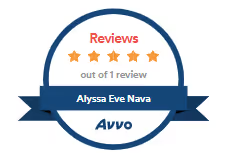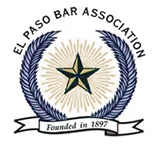In Texas, the manufacture, delivery, or possession, with intent to distribute, of controlled substances is a serious crime punishable by severe penalties. Depending on the specific circumstances of the offense, a person may be sentenced to significant jail time, hefty fines, and other harsh penalties.
If you face manufacturing, delivery, or drug possession charges in Texas, you must consult a criminal defense attorney. When you work with Naval Law Texas, you are provided with an experienced attorney who understands how to navigate the complex Texas legal system and protect your rights.






In Texas, drug dealing, regardless of form, is a criminal offense referred to as the manufacture or delivery of drugs. Consequences for these crimes can be much more stringent than simple drug possession, with potential penalties including life imprisonment and fines of up to a quarter million dollars, especially in cases involving substantial quantities.
Under the Texas Controlled Substances Act, "delivery" encompasses any transfer of a controlled substance or a fake controlled substance to another individual, including direct handover or indirect means such as handing over the keys to a vehicle carrying the drugs. In Texas, delivery is equivalent to selling drugs unless it involves small amounts of marijuana and regardless of whether money is exchanged.
Here are the Texas controlled substances that are classified into five penalty groups, including a marijuana category:
Penalty Group 1:
Penalty Group 1A:
Penalty Group 2:
Penalty Group 3:
Penalty Group 4:
Marijuana Penalty Group:
The punishment for manufacturing or delivering drugs varies based on the amount and weight of the substance involved. Here are the penalties for each of the five designated weight categories.
Penalty Group 1:
Penalty Group 1A:
Penalty Group 2:
Penalty Groups 3 and 4:
Marijuana Penalty Group:
Additionally, using drug money for spending or investment is another criminal offense. The severity of a drug dealing charge is heightened if you are caught within 1,000 feet of a school or youth center, on a school bus, or within three hundred feet of a public swimming pool or video arcade.
The Texas Criminal Code also allows law enforcement to confiscate any property associated with or intended for drug-related felonies. This means that your car, house, or other belongings can be seized if they are linked to drug possession or trafficking. Notably, this process is a civil proceeding, not criminal, and the state can pursue it even if you haven't been convicted.
At Nava Law Texas, we understand the seriousness of having your freedom at stake when charged with a "drug dealing" crime. You must contact an experienced attorney to avoid a maximum sentence and get help with possibly dismissing your case. Call and schedule a free case evaluation to learn more about your rights and how we can protect them.


